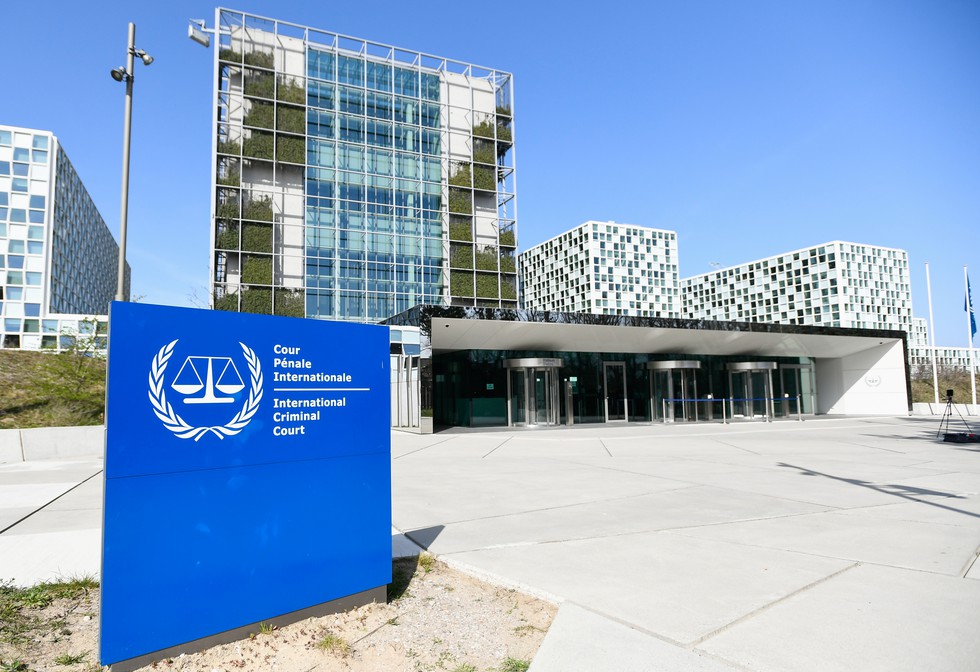About International Criminal Court (ICC):
- It is a permanent judicial body established by the Rome Statute (1998) to investigate, prosecute and try individuals accused of genocide, war crimes, crimes against humanity and the crime of aggression and to impose prison sentences upon individuals who are found guilty of such crimes.
- Background: The court’s founding treaty, the Rome Statute, was adopted in July 1998, and the court began work in 2003.
- HQ: Hague, Netherlands
- Members: 123 nations are States Parties to the Rome Statute and recognize the ICC’s authority. The notable exceptions are the US, China, Russia, and India.
- Funding: The Court is funded by contributions from the States Parties and by voluntary contributionsfrom Governments, international organizations, individuals, corporations, and other entities.
- Composition:
- Judges: The Court has eighteen judges, each from a different member country, elected to nonrenewable nine-year terms.
- The Presidency: Consists of three judges (the President and two Vice-Presidents) elected from among the judges. It represents the Court to the outside world and helps with the organization of the work of the judges.
- Judicial Divisions: 18 judges in 3 divisions, the Pre-Trial Division, the Trial Division, and the Appeals Division.
- Office of the Prosecutor (OTP):OTP is responsible for receiving referrals and any substantiated information on crimes within the jurisdiction of the Court. OTP examines these referrals and information, conducts investigations, and conducts prosecutions before the Court.
- Registry: The core function of the Registry is to provide administrative and operational support to the Chambers and the OTP.
- Jurisdiction of ICC:
- Unlike the International Court of Justice, which hears disputes between states, the ICC handles prosecutions of individuals.
- The ICC is only competent to hear a case if:
- the country where the offence was committed is a party to the Rome Statute; or
- the perpetrator's country of origin is a party to the Rome Statute.
- The ICC may only exercise its jurisdiction if the national court is unable or unwilling to do so.
- The ICC only has jurisdiction over offences committed after the Statute’s entry into force on 1 July 2002.
- Relation with United Nations (UN):
- While not a UN organization, the Court has a cooperation agreement with the UN.
- When a situation is not within the Court’s jurisdiction, the UN Security Council can refer the situation to the ICC, granting it jurisdiction.
